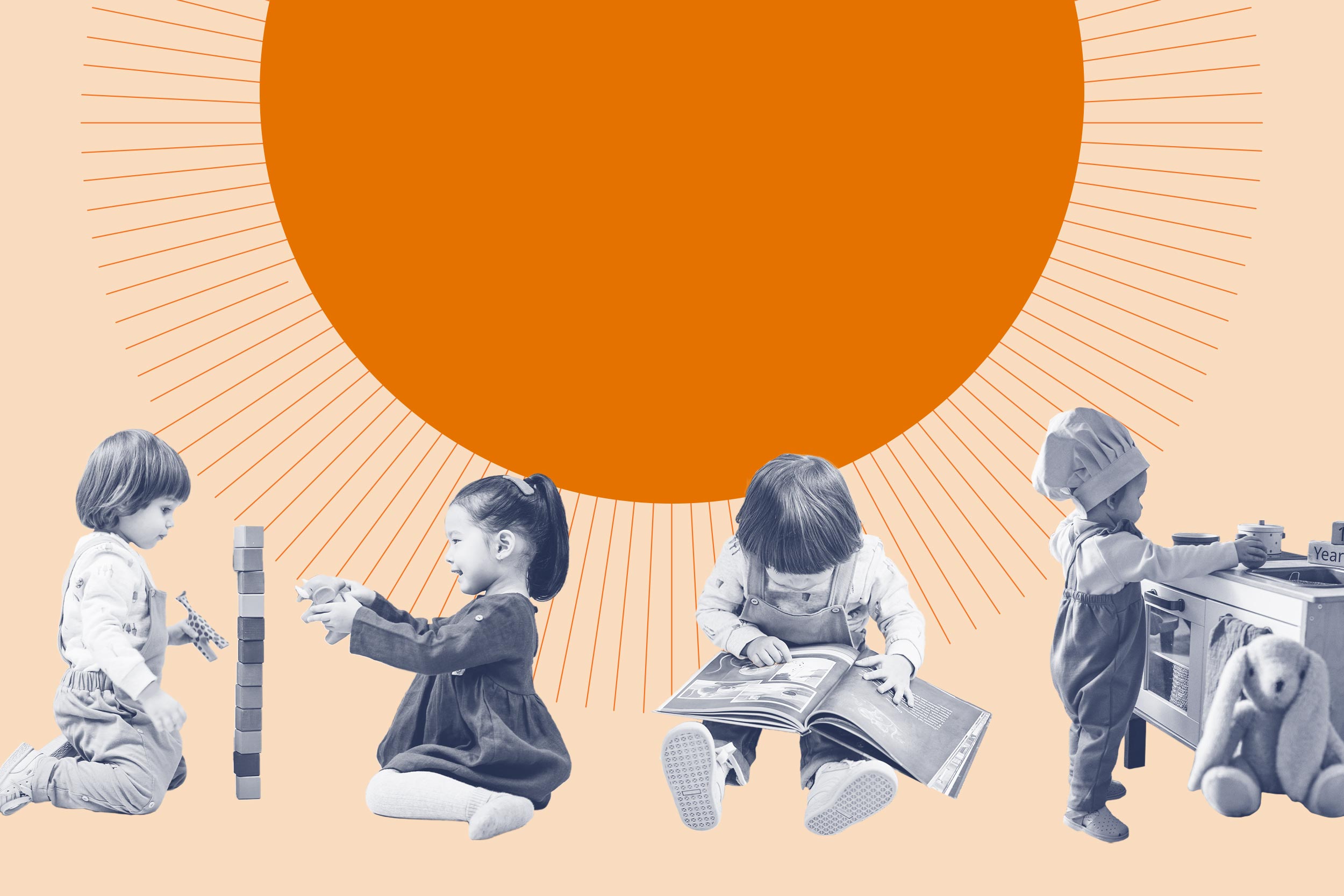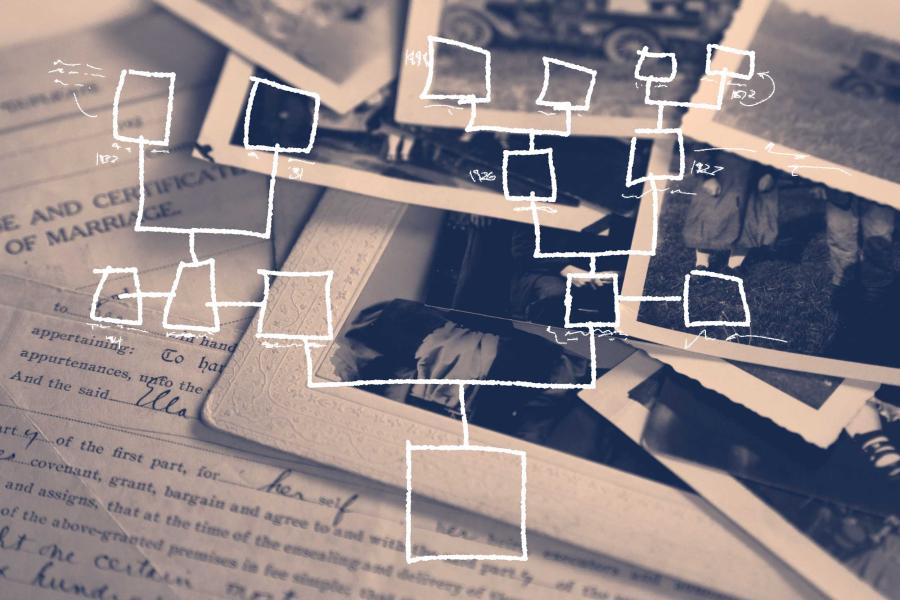It’s only 10 a.m. and you’ve already gone through bubbles, blocks and the water table and you’re fresh out of ideas. Sound familiar? Whether parent, caregiver or educator, long summer days with little ones can be joyful and exhausting. Thankfully, a new source of inspiration is just a click away.

Kate Matthew, of the School of Education and Human Development, is co-leader of the Early Childhood Education Resource Hub, which offers free, high-quality educational resources for those with young children, from infants to 5-year-olds. (Contributed photo)
The University of Virginia School of Education and Human Development’s Center for Advanced Study of Teaching and Learning, in partnership with the Virginia Department of Education, developed the Early Childhood Education Resource Hub to offer free, high-quality educational resources for children from infants to age 5.
The collection includes activity ideas, videos, book suggestions and more, all accompanied by guiding questions to help caregivers make the most of them.
“We envision people using these to spark conversation and growth in professional development sessions, coaching or self-reflection,” said Kate Matthew, a senior project manager with the Center for Advanced Study of Teaching and Learning and co-leader of the resource hub.
Centered around the essential skills of relating, regulating, communicating, thinking and moving, the hub is designed with educators in mind, but is equally valuable for parents and caregivers. The site features a variety of take-home strategies to support young children’s development.
“The hub is designed to be utilized by all,” Matthew said. “Activities can easily be adjusted based on each child’s abilities, interests and what’s available at home.”










